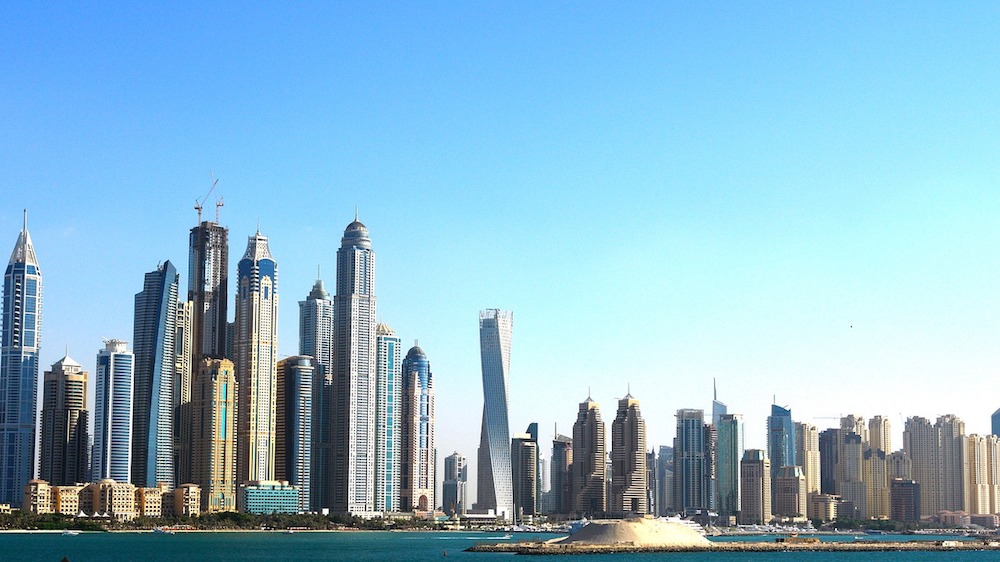Innovation & taxation within the UAE’s creative powerhouse
The UAE — comprised of Abu Dhabi, Sharjah, Fujairah, Ras Al-Khaimah, Umm Al-Quwain, Ajman and Dubai — pairs economic diversification and innovation with liberal business and trade codes to drive continued growth.
Dubai in particular pioneers innovation in the region through top-down and cooperative government initiatives. Let’s take a closer look at what this small, big-thinking emirate — and the host of Expo 2020 — has to offer.
Innovation in Dubai
Luxembourg is not the only city looking to the high-potential Internet of Things to upgrade urban living. With its wealth of funding and leaders in support of technological innovation, Dubai looks to strengthen its profile as a smart city.
Makani Dubai, for example, is a new street address system that not only identifies each building unit by number, but integrates a Garmin GPS navigation app, improving mobility throughout the city. With a proliferation of apps and free hotspots — often powered by the sun — Dubai takes steps toward becoming a more connected city.
Its development of one-seater passenger drones or driverless flying taxies gained global attention earlier this year. The drones, built in China, contribute to Dubai’s plan to have driverless solutions make up 25% of its transportation by 2030.
Named the host of Expo 2020, the city continues to solidify its global role as a leader of ingenuity. Millions of visitors are expected to flood the desert and explore the theme, “Connecting Minds, Creating the Future.” Importantly, the region’s first World Expo facilitates business relationships with emerging markets throughout Africa, South Asia and the Middle East.
Infrastructure and architecture represent an exciting slice of Dubai’s business ventures. D3, Dubai Design District, is an urban development project that aims to attract designers, especially big-name fashion houses.
Dubai Future Accelerators brings together government entities and innovative companies to solve an array of local issues: helping police reduce the crime rate, the municipality cut waste or economic bodies assess and score SMEs, to name a few.
From green architecture to just plane iconic skyscrapers, infrastructure is central to Dubai’s growth strategy, especially from a global perspective.
Business & Taxation in Dubai
Expatriates make up 80 percent of the UAE’s population of 9.4 million. Civil code and Shari’a Law inform governance, although each city can use its own discretion on non-federal matters.
Until now, the region had no federal income tax, withholding tax, VAT or personal income tax, although each city employs its own systems. Foreign banks and oil companies are subject to a corporate tax.
Tourist taxes are also common. Dubai, for example, upholds a 10 percent municipal tax on entertainment, as well as road tolls. Additionally, the UAE has double taxation treaties with a long list of countries, ensuring that foreigners can transition smoothly and fairly protect their assets.
Foreigners entering into business ventures in the UAE generally do so via mergers, acquisitions, joint ventures, distributors, overseas trading from another country or by creating a local business.
In 2018, the UAE plans to introduce a federal VAT. Stay tuned for changes to the business landscape within this rapidly evolving region.
Share your goals with us & ask how we can help you get there. Questions about trends, regulations & requirements? Curious about Luxembourg? Fiduciary Tucci & Partners can help answer your queries & find solutions.

